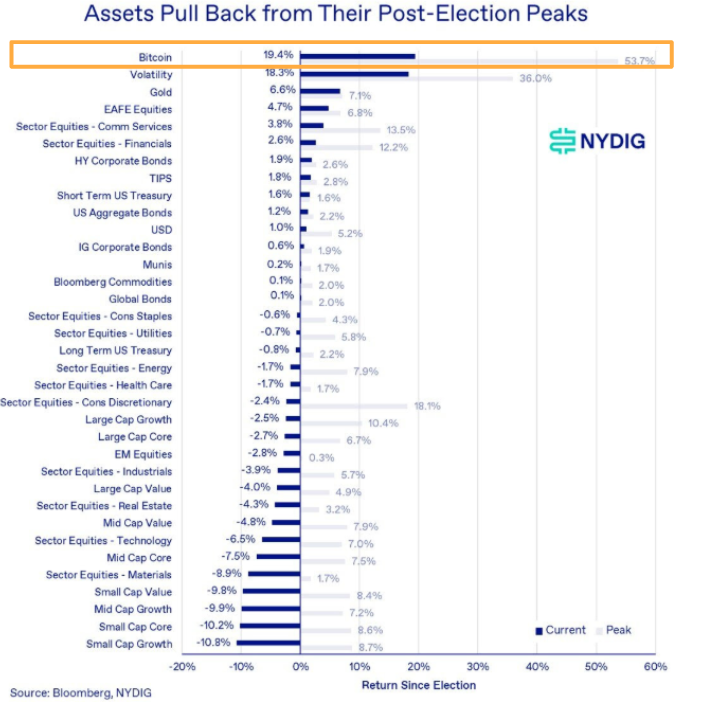Corporate Bitcoin adoption in the European Union remains slow due to complex regulations and a smaller liquidity pool compared to the United States. Analysts suggest that Europe’s fragmented regulatory framework is hindering Bitcoin’s acceptance as a reserve asset.
Institutional Bitcoin Interest in Europe Remains Low
On March 7, U.S. President Donald Trump signed an executive order allowing the government to use seized crypto assets to create a federal Bitcoin reserve. However, European companies have remained largely silent on the matter.
Elisenda Fabrega, General Counsel at Brickken, noted that Europe has yet to take a definitive stance on Bitcoin:
You Might Be Interested In: Elon Musk Talks About the Name of a New Memecoin!
“This hesitation reflects a deeper structural divide, rooted in regulation, institutional signaling, and market maturity. Europe has yet to take a definitive stance on Bitcoin as a reserve asset.”
Bitcoin’s economic model favors early adopters, putting pressure on investment firms to gain exposure to BTC. Since Trump’s election, Bitcoin has outperformed most major global assets.

Regulatory Uncertainty and Europe’s Conservative Approach
In Europe, only a few companies—including BNP Paribas, 21Shares AG, VanEck Europe, Jacobi Asset Management, and Bitpanda—have disclosed Bitcoin holdings or services. However, a recent Bitpanda survey suggests that European financial institutions may be underestimating crypto investor demand by as much as 30%.
Bitfinex analysts attribute Europe’s slower adoption to fragmented regulations and conservative investment mandates:
“Europe’s institutional landscape is more fragmented, with regulatory hurdles and conservative investment mandates limiting Bitcoin allocations.”
Additionally, European pension funds and large asset managers have been slow to adopt Bitcoin due to unclear guidelines and risk aversion.
According to Iliya Kalchev, an analyst at Nexo, retail investor appetite in Europe is generally lower than in the U.S.:
“Europe is generally more conservative in adopting new financial instruments. This stands in stark contrast to the deep, liquid, and relatively unified U.S. capital market, where the spot Bitcoin ETF rollout was buoyed by strong retail demand and a clear regulatory green light.”
However, BlackRock’s launch of a Bitcoin exchange-traded product (ETP) in Europe on March 25 could potentially boost institutional confidence among European investors.

You can also freely share your thoughts and comments about the topic in the comment section. Additionally, don’t forget to follow us on our Telegram, YouTube, and Twitter channels for the latest news and updates.


